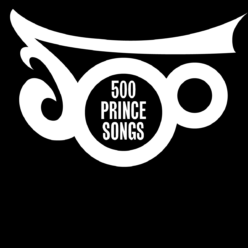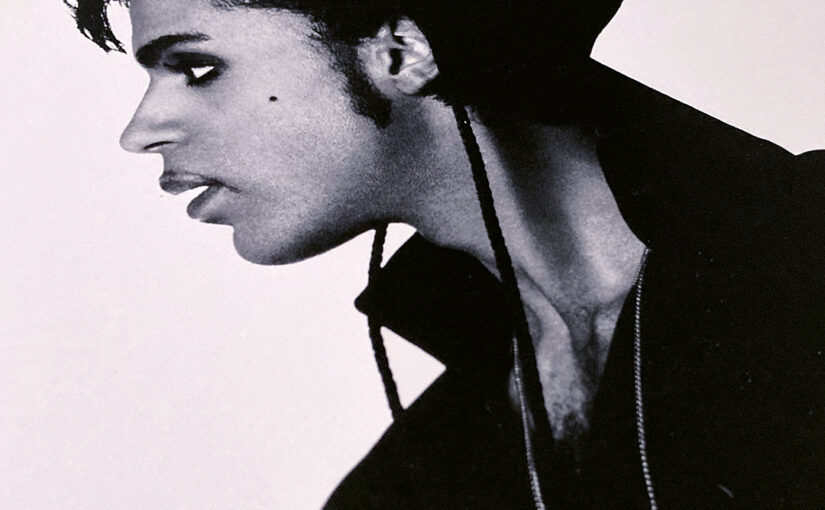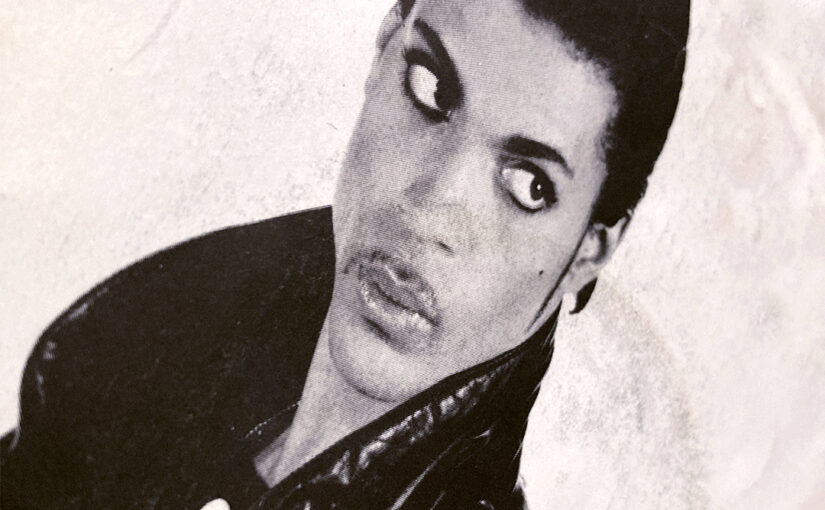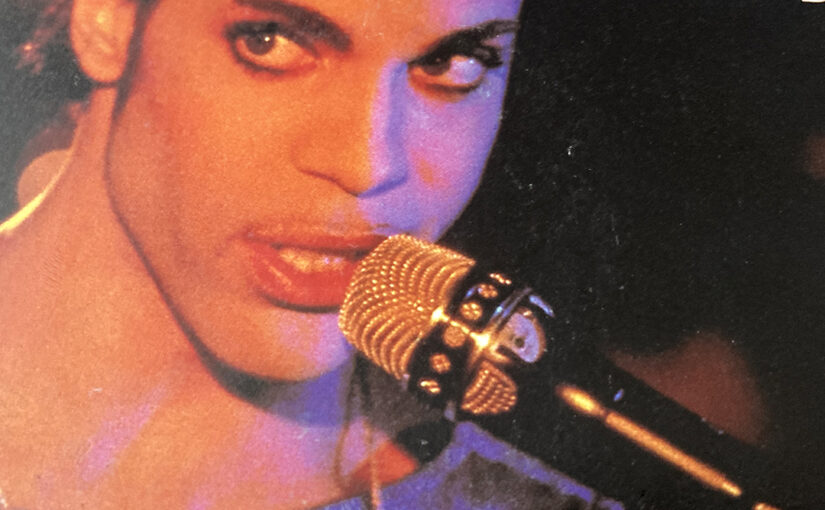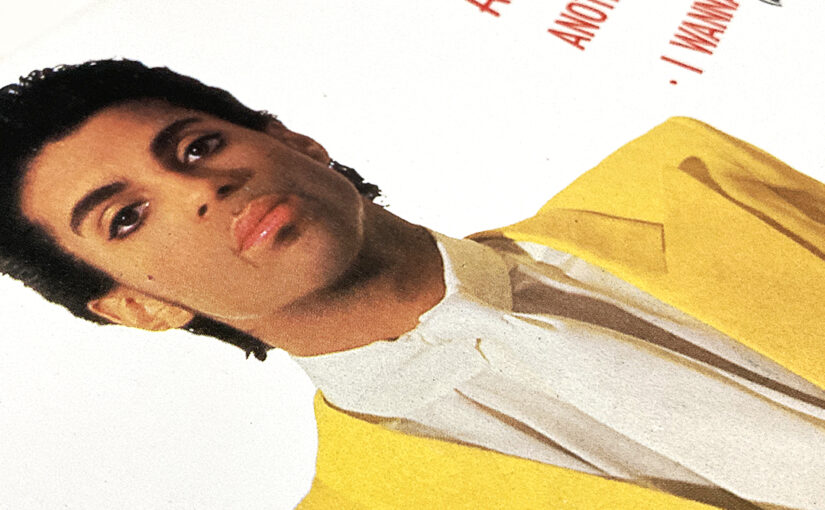Parade (1986)
Ten weeks after topping the charts with the most sparsely-arranged single of his career, Prince released one of his densest. Mountains, with it’s cavernous handclaps and reverb-heavy snares, couldn’t be further away from Kiss’s spartan funk. Its wall of sound hits with the force of a series of avalanches cascading into the valleys, sweeping away sleeping villages and waking dormant forces beyond anybody’s control.
Prince didn’t come up with Mountains. Mountains had to come to him. Wendy and Lisa were alone in the studio working on the Parade album, when they decided to play around with a piano piece that Lisa had written when she was 13. They experimented with putting parts of the percussion through a delay pedal, resulting in an instrumental demo which, Wendy recalls, floored Prince when he heard it. Within a couple of weeks he had the full extended line-up of the Revolution recording his version, now complete with lyrics extolling the all-conquering power of love.
Like on The Ladder and in Under the Cherry Moon, Prince opens with a fairytale ‘once upon a time’ and then tells us the story is set in “a land called Fantasy” – a line taken from an Earth Wind and Fire song that shares the same theme of love surmounting all obstacles. However, this make-believe setting is soon intruded by the horrors of the real world. In the music video, the line “Africa divided” is shown to reference Apartheid, and while we see gun-toting Klan members during “hijack in the air”, that line was surely influenced by the main news story at the time he wrote it: the deadly terrorist hijacking of an EgyptAir flight.
In Annie Christian, Prince’s answer to the despair caused by the world’s evils was to live in transit. To build relationships and attachments in this dangerous world was to open yourself up to trauma and loss. Better to live unattached than to put down roots – or to flip the common saying: it’s better to have not loved, than to have loved and lost. By the time of Mountains, Prince ascribes that way of thinking to the devil and in the chorus preaches the opposite view. He now believes there’s nothing greater than love and with it despair can be overcome like physical barriers such as mountains or the sea. The metaphor was hardly original. It had only been three years since Joe Cocker and Jennifer Warnes sung about mountains being obstacles that their love lifted them over in their chart-topping duet Up Where We Belong. That ballad won an Academy award for Best Original Song, as did Fame which in my opinion was the lyrical inspiration for Baby I’m a Star. For his second movie, was Prince again using tried and tested lyrical themes on his closing song to win an Oscar? I think so. However in a few months, world events would twice again inspire him to further develop this subject, resulting in two of his most profound and original songs: Crystal Ball and Sign o’ the Times.
Mountains’ message of conquering adversity is better illustrated on the extended version. Three minutes in, there’s a polyrhythm created by an errant snare pattern. On the album, this conflict peters out with an early fade, but on the 12” single (and the film’s credits) we’re allowed to stick around to hear the tension get resolved, which triggers an explosion and a further five minutes of sweeping panoramic horn-filled funk. We’re now gliding on love’s wings, soaring over unscalable peaks and terrible depths, and nothing can break nor stop us.
Unfortunately, the same was not true for the Revolution. For Prince, they would soon become an obstacle he’d face, not with love, but with fear. “What if everybody around me split?” he asked Rolling Stone in 1990. “Then I’d be left with only me, and I’d have to fend for me. That’s why I have to protect me.” Out of all the reasons why Prince chose to disband the Revolution, the speculation that it was fear of abandonment chimes the truest, especially given how he reacted to Morris, Jesse and St Paul leaving his stable. His band had long been with him on this crazy ride to stardom but he obviously shared Christoper Tracy’s view that “it’s no fun to depend on other people for rides”. Forgetting the message of Mountains, he reverted back to the character in Annie Christian, running away from attachment and dependence. In doing so, he regained a feeling of control and released the most critically acclaimed album of his career, but at what cost? He would never again regain this kind of mountain-moving momentum.
